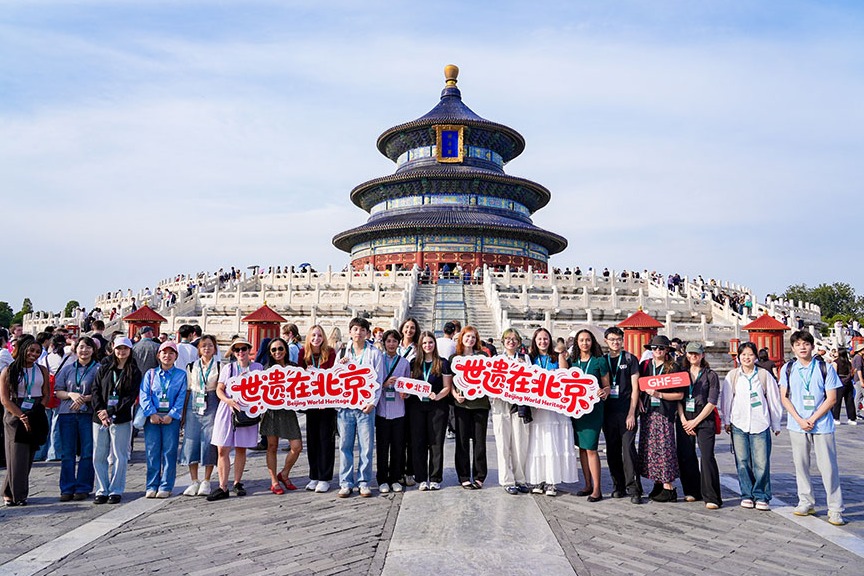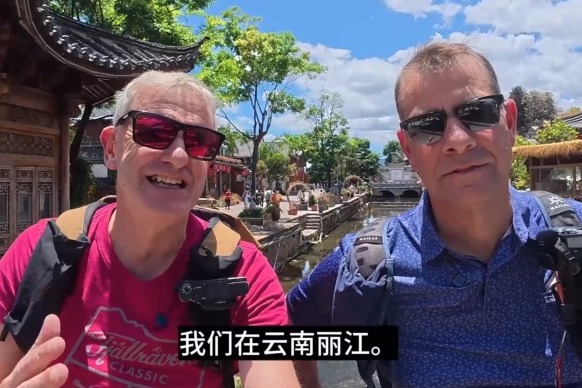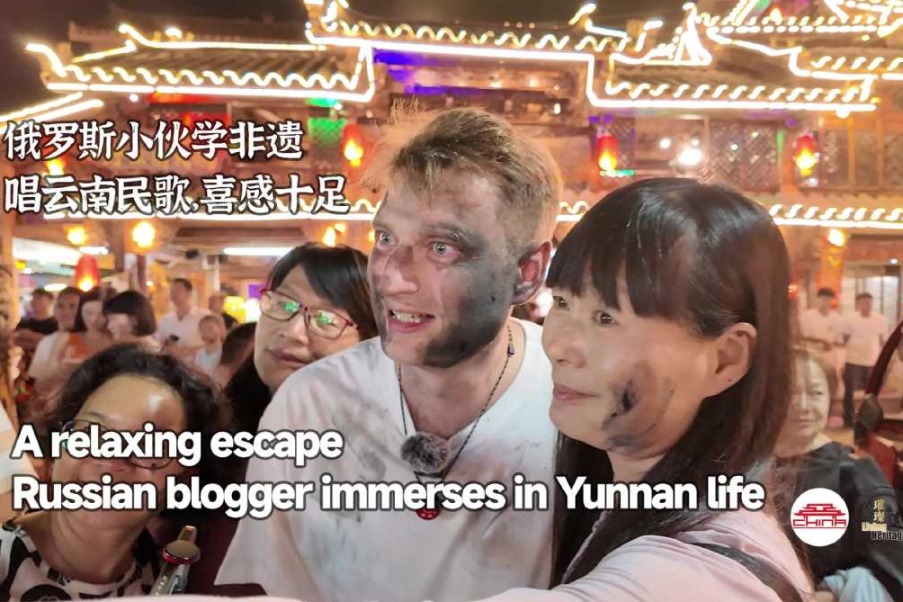Future hoteliers explore AI's role in hospitality at Beijing summit

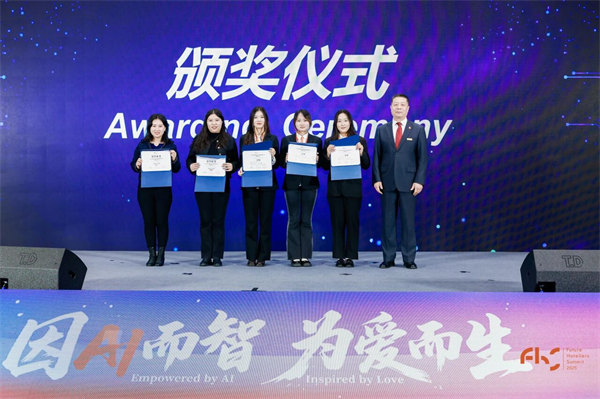
Industry experts weigh in
Experts and executives attending the summit shared their perspectives on the coexistence of AI and human service in the hospitality industry.
Xu Binfei, senior manager at Keenon Robotics, a leading Shanghai-based service robot company whose products are used in over 60 countries and regions, said that robots replacing humans in repetitive tasks is an "irreversible trend".
He cited an example at a hotel near Shanghai Hongqiao International Airport, where humanoid robots pick up guests' luggage directly from the baggage conveyor, load it onto delivery robots, which then transport it to rooms, dramatically easing the workload for concierge teams.
Xu predicted that service robots will become more prevalent in budget and business hotels, while luxury and boutique hotels will continue to rely on human staff to maintain personal connections with guests. "Once freed from repetitive work, employees can focus on creating unique guest experiences that give hotels a competitive edge," he said.
Xu's perspective was echoed by Cheng Weay, general manager of MAHA Club & Residences Beijing; Dong Mengdan, human resources manager at The Ritz-Carlton, Beijing; and Wang Dongyuan, human resources director at CHAO Sanlitun Beijing.

The three luxury hotel executives agreed that, while they welcome AI tools to improve efficiency, human touch remains indispensable. Luxury hotels, which strive to create a home-away-from-home experience, must offer personalized and flexible service that technology cannot replicate, they said.
The speakers concluded that aspiring hoteliers should embrace AI as a tool, but remain passionate about people — maintaining empathy and enthusiasm for their profession.
Meng Yinghua, brand marketing manager at Vocust, a Shanghai-based SaaS (Software as a Service) company that helps businesses enhance service efficiency and customer experience, said that AI-enabled systems can generate vast amounts of data, but "it is up to hotel managers to interpret the insights and make sound decisions".
Gu Huimin, professor at Beijing International Studies University and secretary-general of the China Tourism Education Association, echoed that sentiment.
The veteran educator emphasized that hospitality professionals in the AI era must possess both technological literacy and critical thinking skills to analyze AI-generated information effectively.
She said future hoteliers must combine digital fluency with the timeless skills that define the industry — adaptability, attention to detail, communication, and cultural intelligence.
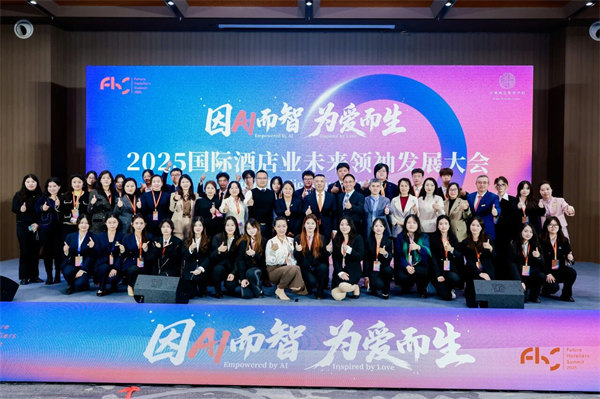
- Cross-border tourism thrives between China's Xinjiang and Kazakhstan
- Visual tech company unveils major culture and tourism strategy
- Festival sheds light on city's vitality and nighttime attractions
- Beijing ranks among world's top tourist cities: report
- Memorial hall helps foster spirit of revolution




















